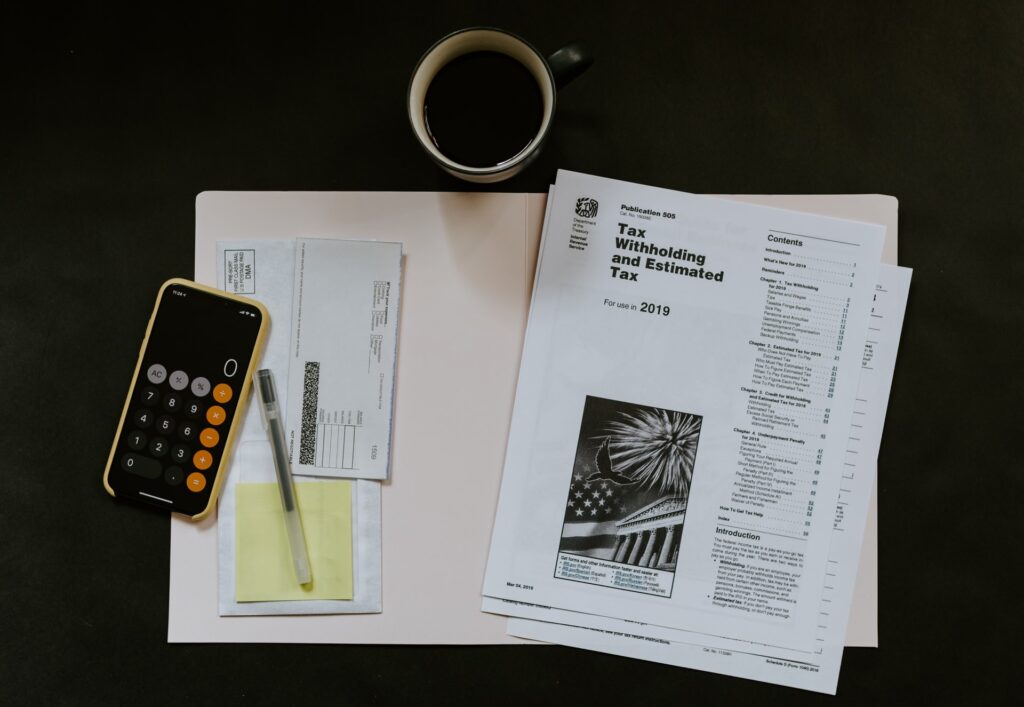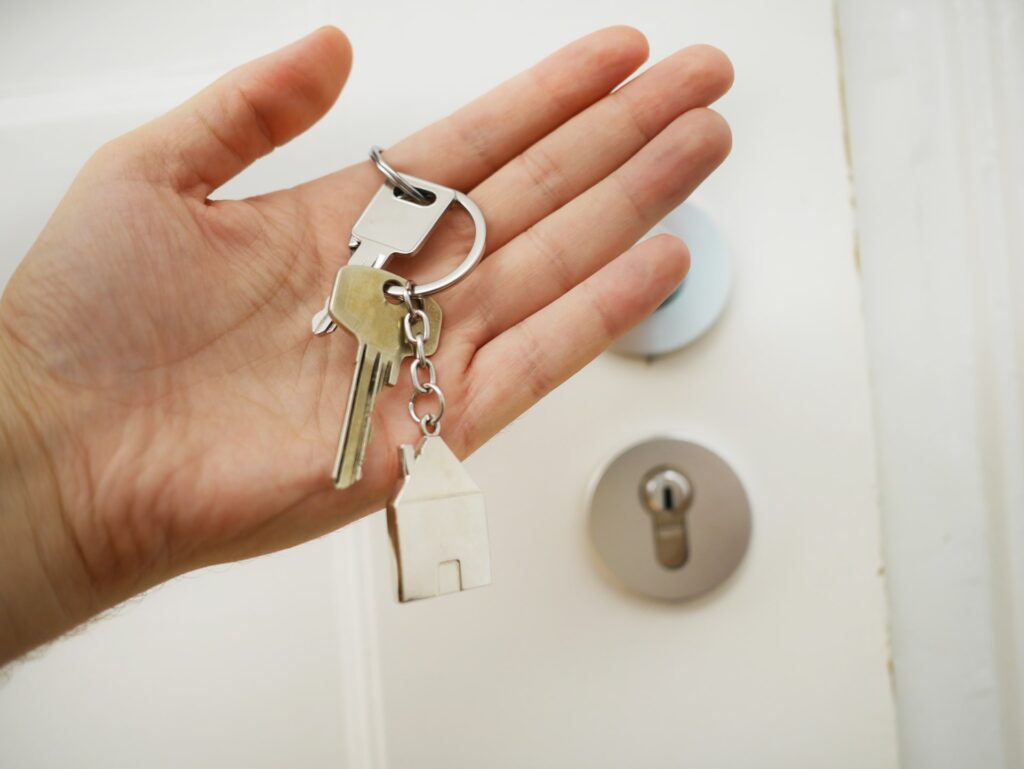If you have owned your current home for at least several years and have built up a considerable amount of equity, you may be able to qualify for a reverse mortgage. This type of mortgage gives homeowners the opportunity to use their built-up equity to pay for other types of expenses, which can include everything from supplementing Social Security to paying for home improvements.
Keep in mind that reverse mortgage are typically restricted to borrowers who are at least 62 years old. The majority of these mortgages are considered to be home equity conversion mortgages, which are backed directly by the federal government with regulations being set by the U.S. Department of Housing and Urban Development (HUD). However, there are additional types of reverse mortgages that you might be interested in, all of which are detailed in the following.
What Is a Reverse Mortgage?
Reverse mortgages provides borrowers with the opportunity to use the equity they’ve built up in a mostly or fully paid-off home to meet some basic expenses. These mortgages were first introduced in the U.S. in 1961, which was when a bank in Maine created the very first reverse mortgage. It wasn’t until 1987 that these mortgages started to be managed by the HUD.
Reverse mortgages are loans that function differently than standard mortgages. As mentioned previously, these loans can only be applied for by individuals who are least 62 years old. The purpose of a reverse mortgage is to give homeowners who have reached the aforementioned age the ability to borrow a certain amount of money by placing their home as collateral to back the loan.
While the funds obtained through a reverse mortgage can be used for many different reasons, this money is commonly used to pay for healthcare expenses, supplement current income, supplement retirement income, or pay off an existing mortgage. Among the most beneficial aspects of obtaining a reverse mortgage is that you typically aren’t required to repay the loan until you move, sell the property, or die.
There are three primary types of reverse mortgages that homeowners can select, which include single-purpose, proprietary, and home equity conversion reverse mortgages. Each type of reverse mortgage functions differently from the others, which is why it’s highly recommended that you read what each mortgage entails before selecting your preferred option. You can find answers to some of the most frequently asked questions about obtaining a mortgage in this guide.

The 3 Types of Reverse Mortgages
There are three basic types of reverse mortgages that homeowners who are at least 62 years old may qualify for. Single-purpose mortgages are available through nonprofit organizations as well as local and state governments. These are considered to be the least expensive type of reverse mortgage that homeowners could apply for. However, they are also the least common.
Home equity conversion mortgages are backed directly by the HUD, which is one reason why they are the most common reverse mortgages around. As for proprietary reverse mortgages, these are mainly used by owners whose homes have been appraised at a value that’s higher than the current HUD limit.
Keep in mind that reverse mortgages aren’t right for everyone, which you should consider before sending in your application. This type of mortgage may be right for you if:
- You have some considerable expenses that must be paid
- You don’t have heirs or beneficiaries who will want to inherit your home
- You have already gone through the majority of your savings and have built up a large amount of equity in your main residence
A reverse mortgage may not be the ideal option if:
- You have a beneficiary or heir who will want to obtain your property once you pass away
- You have other family members who are currently living with you and may need to continue having access to the home once you die
- You have some life insurance or other types of savings you can obtain to cover some of your expenses
- You’re unable to find a loan program or lender you can trust
The purpose of a home equity conversion mortgage is to help seniors gain access to their home equity during retirement. If you don’t qualify for a home equity conversion mortgage or require a loan amount that’s higher than the existing conversion mortgage limits, a proprietary mortgage may be right for you. Single-purpose mortgages are designed specifically to provide borrowers with cash to pay for a single expense.

Home Equity Conversion Mortgage (HECM)
A home equity conversion mortgage (HECM) is easily the most popular reverse mortgage that borrowers can apply for. Keep in mind that this type of reverse mortgage is the only one that’s currently insured and backed by the government. These mortgages can be obtained by homeowners who are at least 62 years old and fully own or mostly own their home, which means that all or the majority of the mortgage has been paid off.
This type of reverse mortgage is ideal for retired individuals who currently have a fixed income but need to obtain the equity in their home for additional income. Once you gain access to this type of loan, you will receive funds via a lump sum, a line of credit, or a monthly payment. If you want to qualify for this loan, a financial counselor who has been approved by the HUD will first need to review your financial situation and help you understand how this process works.
Even though these loans have been backed by the HUD, the majority of lenders are able to originate them. An underwriting process will occur once you apply for the loan that’s designed to make sure you qualify for the conversion mortgage in accordance with government parameters. Your income will also be looked at to ensure that you can continue paying maintenance costs and property taxes pertaining to your home.
Keep in mind that you don’t need to make payments on this type of loan until you’ve sold the property. If you happen to die before selling your property, a repayment of the loan will be made from your estate. In the event that you obtain a line of credit with this loan, any interest that builds up will only be attached to your outstanding balance. The main requirements for obtaining this loan include:
- You must be 62 years old or up
- You can’t have any federal debt
- You need to be able to maintain your property and pay any necessary expenses
- You must live in this property as your main residence
- You must have paid back most or all of your original mortgage
If your retirement assets and income are largely tied to your residence, you can benefit from this reverse mortgage. With this approach, the cash you obtain from the reverse mortgage can be used as retirement income.
While a home equity conversion mortgage can be advantageous for practically anyone who qualifies for it, there are some drawbacks. For one, the cost of obtaining this mortgage can be high. Reverse mortgages tend to have higher interest rates when compared to traditional ones. Some of the additional costs you may be expected to pay when obtaining this mortgage include closing costs, servicing fees, interest, mortgage insurance premiums, loan origination fees, and counseling fees.

Proprietary Reverse Mortgage
Proprietary reverse mortgages are similar to home equity conversion mortgages but are provided by private lenders, which means that they aren’t backed by the government. If you don’t meet the requirements needed to obtain a home equity conversion mortgage, you may be able to qualify for a proprietary reverse mortgage. Even though the underwriting process is largely similar, there are no counseling requirements.
The main benefit of obtaining a proprietary reverse mortgage is that it’s possible to qualify even if you don’t meet the conversion mortgage requirements. These mortgages are primarily used by homeowners who have a home value that’s considerably higher than the loan limits for a HECM.
Even though this type of reverse mortgage has its benefits, there are a few issues to consider. For one, the interest rates and fees associated with a proprietary reverse mortgage are usually higher than the alternatives. Since a government agency isn’t backing the loan, the lender is taking on more risk, which they mitigate by assigning more fees to the borrower. The requirements for this loan are similar to those of a HECM loan and include:
- You need to be at least 62 years old
- The property needs to be your main residence
- You need to have enough equity to qualify
- You must have enough income to pay for homeowners insurance and property taxes

Single-Purpose Reverse Mortgage
These mortgages aren’t guaranteed by a federal government agency and are mainly available from nonprofit organizations and local governments. The main difference between this type of reverse mortgage and the rest is that you can only use the funds for one purpose, which can be anything from unpaid property taxes to home repairs.
This type of mortgage works best for homeowners who have a large expense that they would like to pay off. Keep in mind that the funds can’t be used to increase your retirement assets. You don’t need to use as much equity from your residence as you do with the other reverse mortgage types. To qualify for a single-purpose reverse mortgage, you must:
- Be at least 62 years of age
- Set a specific expense that you want to pay for
- Own a home
- Meet additional requirements set by lender
Each lender can have different loan requirements. However, they are similar to the requirements for the other two reverse mortgage types.

If you’re interested in a single-purpose reverse mortgage, this option is beneficial for homeowners who have one major expense that needs to be paid off. You won’t be required to pay a high amount of fees and will have the opportunity to access the funds without needing to use an unsecured loan product. The primary issue with this mortgage is that you don’t gain access to as much funds. You can only use the amount of equity that’s needed to pay off the expense.
If you’re at least 62 years old and have built up a substantial amount of equity in your primary residence, applying for a reverse mortgage can help you gain access to funds that can be used to make improvements to your home, increase your retirement income, or pay for a single expense. Make sure that you meet the requirements of your preferred reverse mortgage before applying.